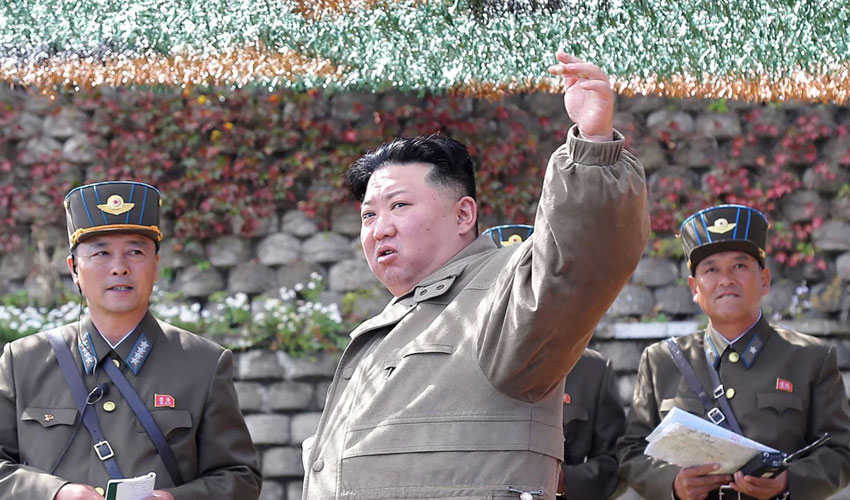North Korea, officially known as the Democratic People's Republic of Korea (DPRK), has long been shrouded in mystery and intrigue. Its reclusive regime, led by the Kim dynasty, has crafted a unique and often bizarre way of life for its citizens.
While access to information about North Korea is limited, several astonishing facts have emerged, shedding light on the unusual and surreal aspects of daily life in this secretive nation.
The country is often deemed the most closed-off nation, due to its extremely strict laws.
The government enforces authoritarian rules on its citizens where law-breaking punishments are severe, i.e, possessing a Bible is punishable by death.
State-approved haircuts
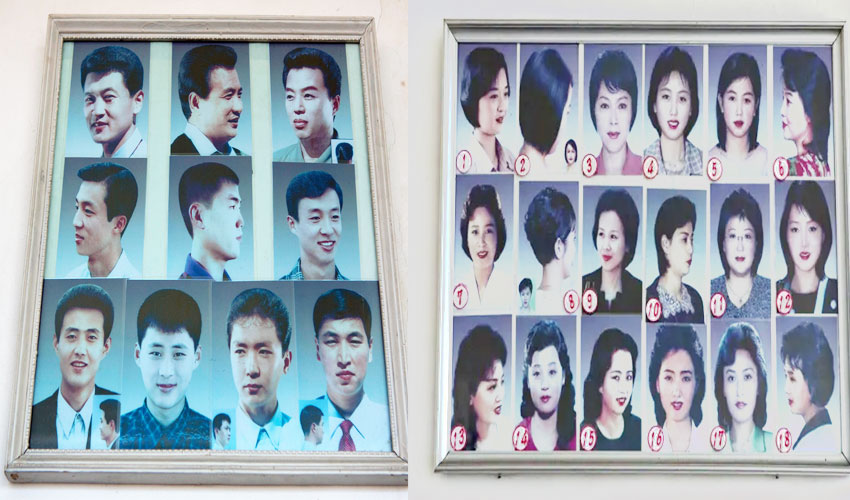
One of the most peculiar aspects of life in North Korea is the government's control over citizens' personal grooming.
Girls in North Korea are limited to just 18 approved hairstyles, while boys have a choice of ten.
These approved styles are carefully curated to prevent any influence from the outside world, reflecting the regime's obsession with maintaining ideological purity.
No internet access
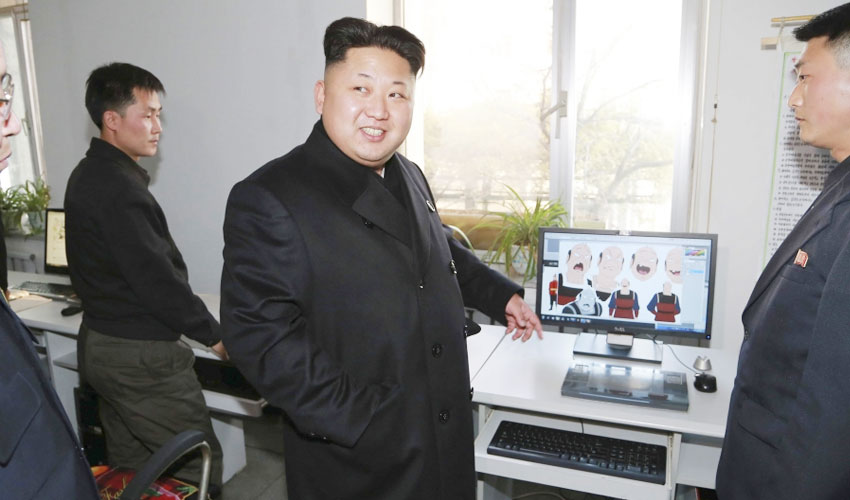
Access to the internet is virtually non-existent for ordinary citizens. Instead, North Korea has its own intranet, a highly restricted network known as "Kwangmyong," which offers access to a curated selection of state-approved websites.
The nation strictly controls the internet, providing access to only 28 websites, primarily filled with government propaganda.
Foreign websites and information are strictly prohibited, reinforcing the regime's isolationist stance.
Three generations of punishment
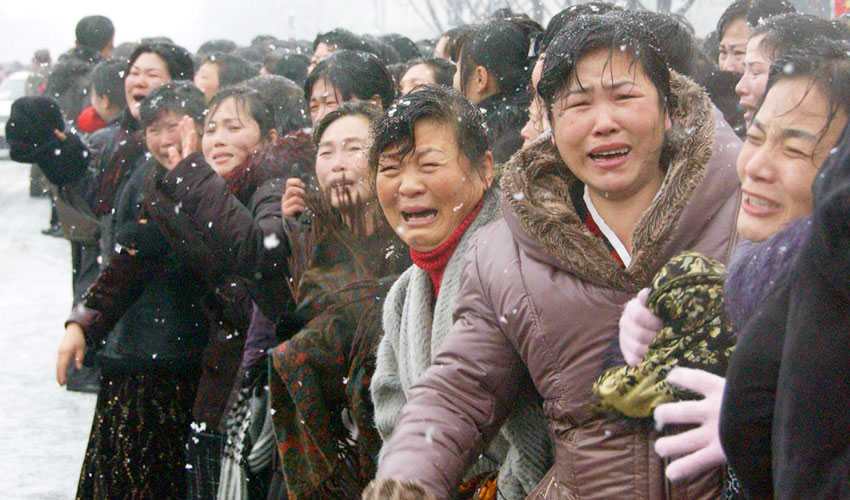
In North Korea, punishment for political dissidents extends not only to the accused but also to their entire family. The regime employs a system known as "Three Generations of Punishment," which means that if one family member is found guilty of a political crime, their parents, children, and even grandchildren can also face imprisonment or exile to forced labor camps.
Monopoly on information
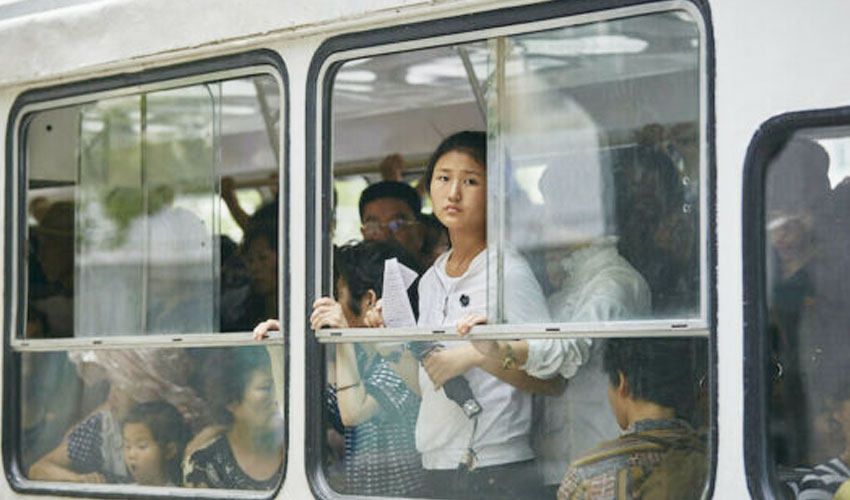
There are just three government-controlled television channels available in North Korea
The government exercises strict control over the media, and foreign news outlets are banned. Instead, the state-run Korean Central News Agency (KCNA) disseminates official propaganda to shape the narrative and perception of the outside world. Radios and televisions are preset to government channels, leaving citizens with no choice but to consume state-approved content.
'Traffic girls'
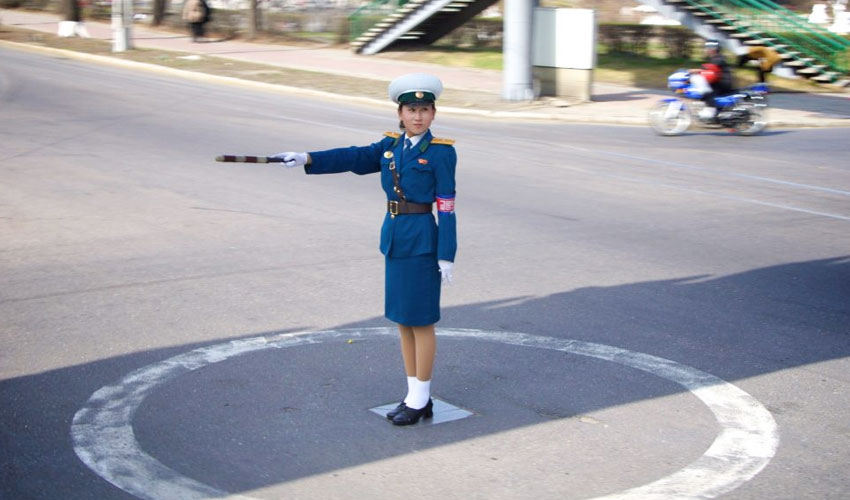
In Pyongyang, traffic is managed not by traffic lights but by uniformed "traffic girls." These young women are meticulously trained to control traffic with synchronized movements, and their role goes beyond mere traffic management; they are considered a symbol of the regime's order and discipline.
Limited food rations
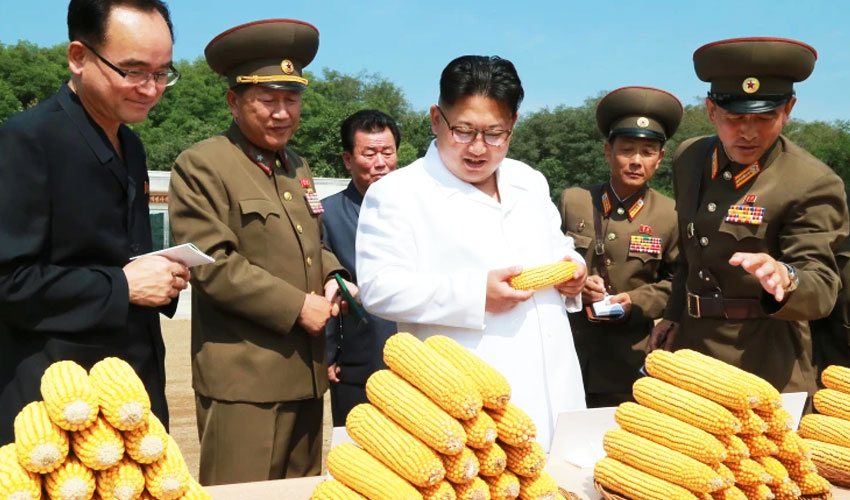
Food shortages are a persistent problem in North Korea, and the government controls food distribution through a rationing system called the "Public Distribution System" (PDS). Citizens receive monthly food rations, which often consist of rice, corn, and meager portions of other staples.
Malnutrition is a widespread issue, particularly in rural areas.
Mandatory Kim family portraits
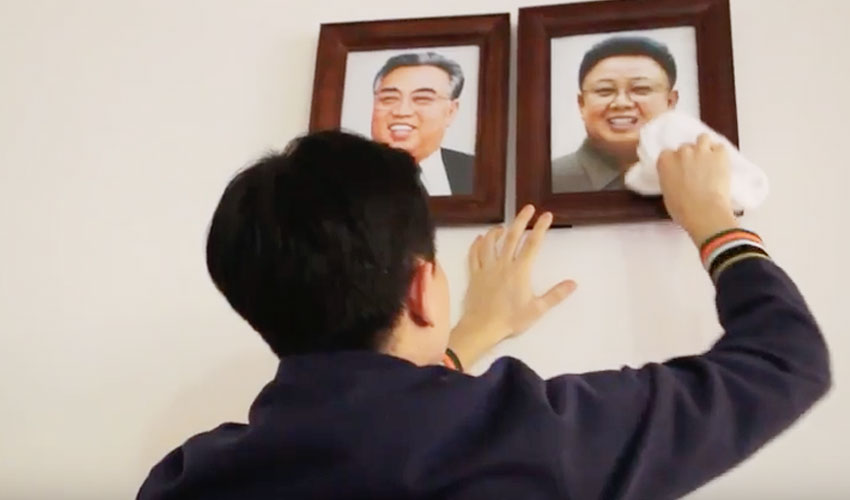
In the event of a house fire, it's mandatory to rescue the leaders' portrait before anything else, including your own children, or you may face jail time.
Every North Korean household is required to display portraits of Kim Il-sung and Kim Jong-il, which must be hung on the most prominent wall in the living room.
Regular inspections are conducted to ensure that the portraits are clean and well-maintained.





